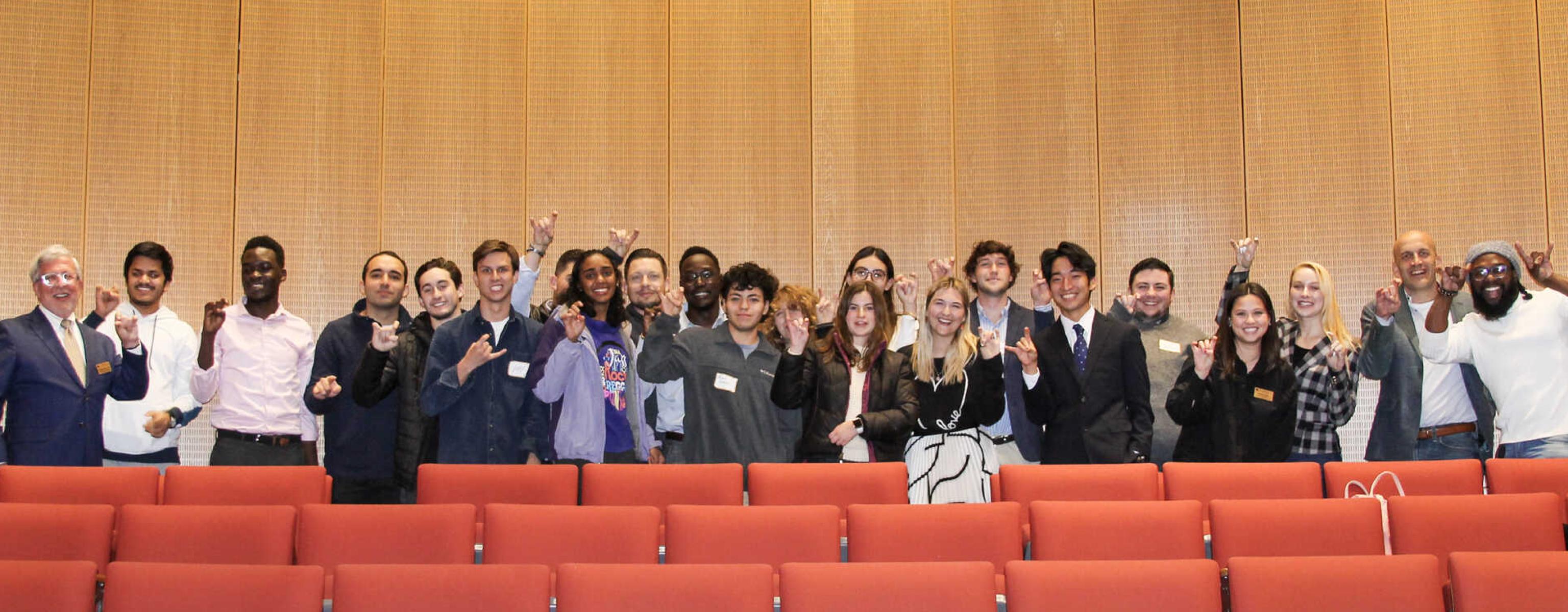Menu
The Bill Munday School of Business
School
On
Academic Department
Off
Administrative Department
Off
Landing Page
Success Stories

Internships

Graduate Advising

Undergraduate Advising

Student Organizations

Business Plan Competition


Business School Events
The Bill Munday School of Business
The Bill Munday School of Business delivers an impactful education that connects students with the marketplace and prepares them for today’s dynamic business environment.
